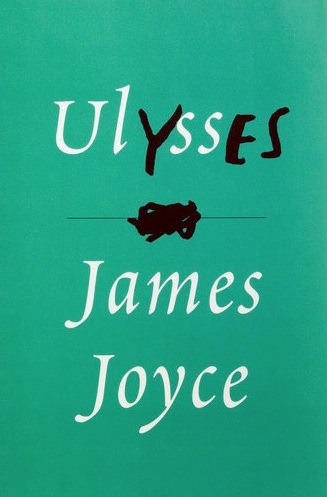I wrote WYSBAW in 2012 on my Forbes blog. To date, it has close to 300,000 views and 356 comments. (My guess is that it's the most-commented-on post I wrote at Forbes, but I no longer have access to the back end data that I think would clear that up for me.)
The post is only 626 words, and my guess is I spent less than an hour writing it. It consists of an introduction ("I’m going to be a writer, you decide one day, sitting on the crapper," a paragraph begins) and three "tips" ("You're Not Good at It" is the first).
"But here’s the question you should be asking yourself: Can I write? Not literally. Not physically. Not technically. Anyone can do that. Can you make the words sing? Does your prose have that certain something? Are you gifted at showing not telling, or telling not showing, or creating an entire world that didn’t exist before that is born again when someone else reads your work?"
I get hate email from the post on a regular basis -- perhaps a couple a week. These aspiring writers/WYSBAW haters find me standing in line at the grocery store, having just woken up, in the middle of writing. Mostly, they are the same: poorly written, illiterately defiant, stridently outraged. I'm going to show you! they squawk in jumbled prose riddled with spelling errors. I'm going to be a writer anyway! Good luck on that, I think, and then click delete.
There is no saving the self-deluded.
The post resurfaced in my mind lately because of Ryan Boudinot's "Things I Can Say About MFA Writing Programs Now That I No Longer Teach in One." In it, he lines up writers, MFA programs, and shitty writing and smashes them all off the table with one fell swoop of his arm. "Writers Are Born with Talent," he dares to assert. And for confessing this truth, he is pilloried.
In a response piece on Electric Literature, written by someone who was so cowardly they couldn't even share their name, gets at the why behind the outrage:
"For some reason it has become taboo to suggest that people might not be able to do whatever it is they set their mind to. A diet of inspirational narratives in which all it takes is a dream and a montage to reach your loftiest ambitions has clouded common sense. We’ve managed to confuse the fact that a good writer could be anyone with the idea that anyone could be a good writer."
And, indeed, in all likelihood, you are not a good writer. Because most of us aren't. I've started going to the gym several times a week. This doesn't make me an Olympic athlete. Next week, I'm starting an improv class, and I'm not very good at improv because I'm physically stiff and in a book that was written about a TV show that I used to be on I am classified as "awkward," which is basically objective proof of how not good at physical "acting" I am. I take care of the dog, but I feel that something is lacking in my canine caretaking because I am not a dog person, I am a cat person. There is no shame in not being good at something. The shame is when you think you are good at something, and you are not. Like writing.
There is nothing to be gained by encouraging poor writers to consider themselves writers. It is far more charitable to suggest they look around themselves and pick up something else. Like needlepoint, golf, the tango. Let's face it, you want to tell them, you were not born to be a writer. It is highly unlikely that you will become a writer. So admit that, get on with it, and figure out what you do well, because that will be the gift that you give the world. Not your poorly written prose.
I'll close with a recent comment that went up on WYSBAW:
"This post is delicious; and as someone who gave up his other career only to write (been writing a novel for two years, working every single day on it), I believe this piece only means to caution. Writing is a difficult and lonely job, which, unlike heart-surgery, a lot of people tend to think is easy, primarily because, unlike heart-surgeons, everyone who ever went to a school was taught elementary writing in some language. Advising caution in a world where publishing has been ‘democratised’ and a large percentage of literate people think they can write something of true value to the reader (in such a way that there may soon be more writers than readers) is the sole point of this piece. That, it seems to make well. The opinion that this piece may demoralise the person who would otherwise go on to write the next Hundred years of Solitude or Tin Drum (substitute your favourite books here) has little merit; Márquez or Grass wouldn’t give up writing if they had read this when young."
Buy THE TUMOR: "This is one of the weirdest, smartest, most disturbing things you will read this year."







